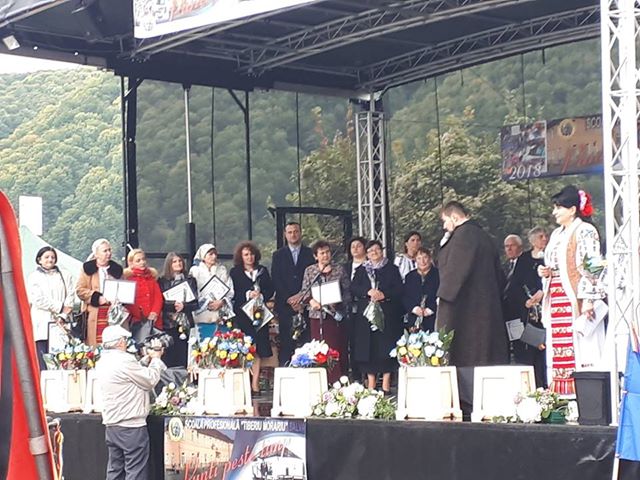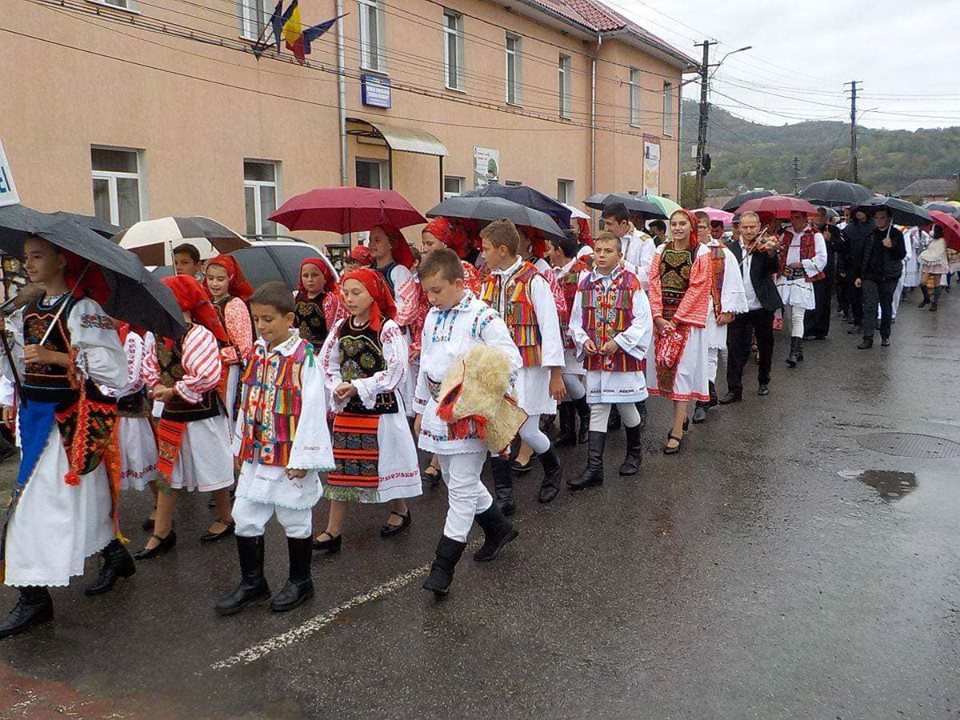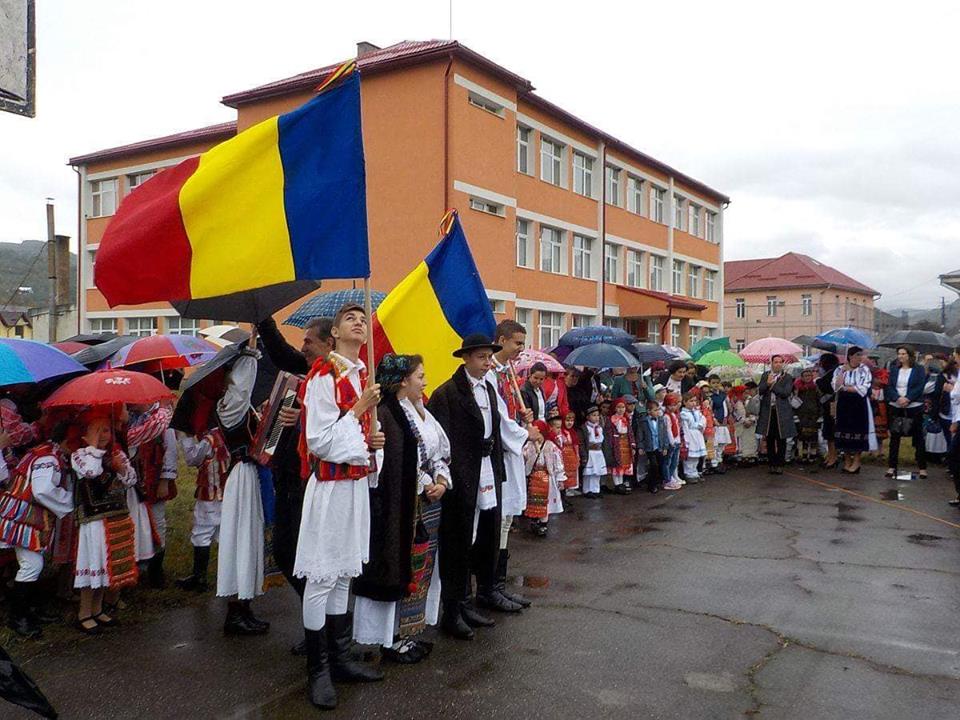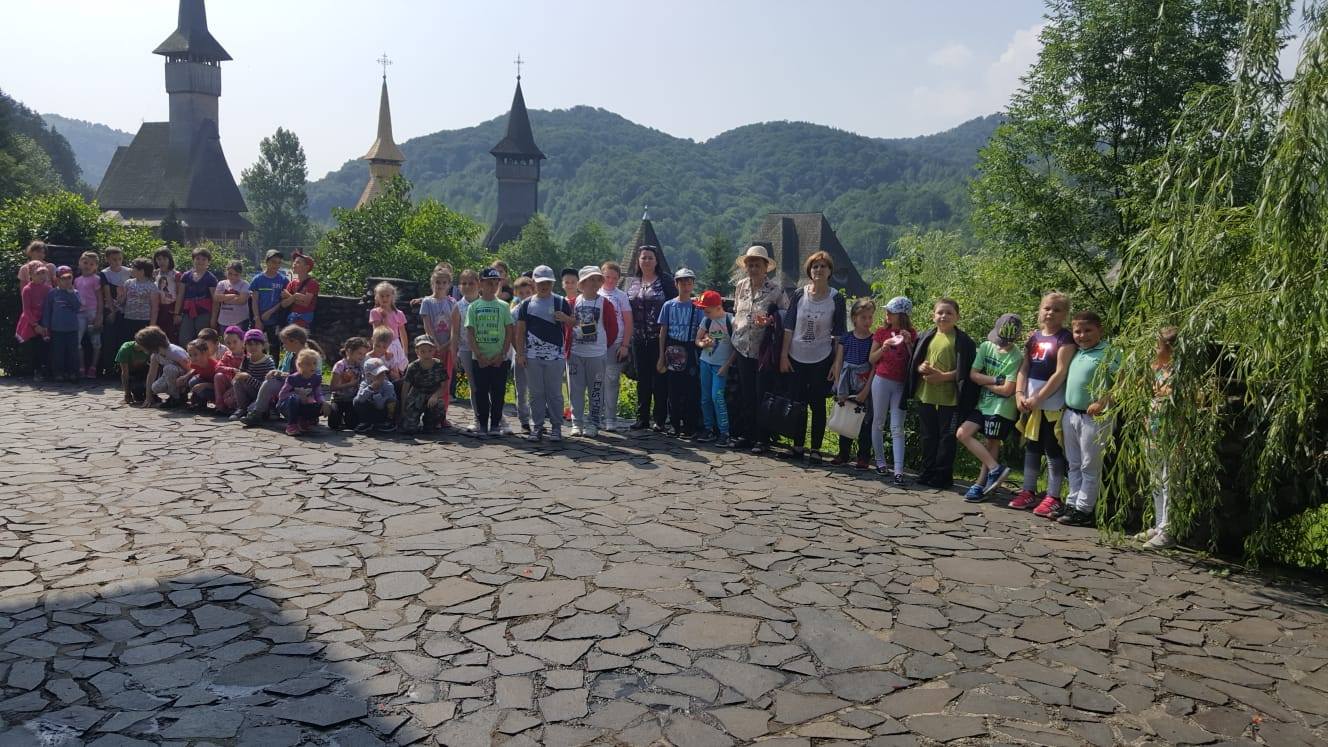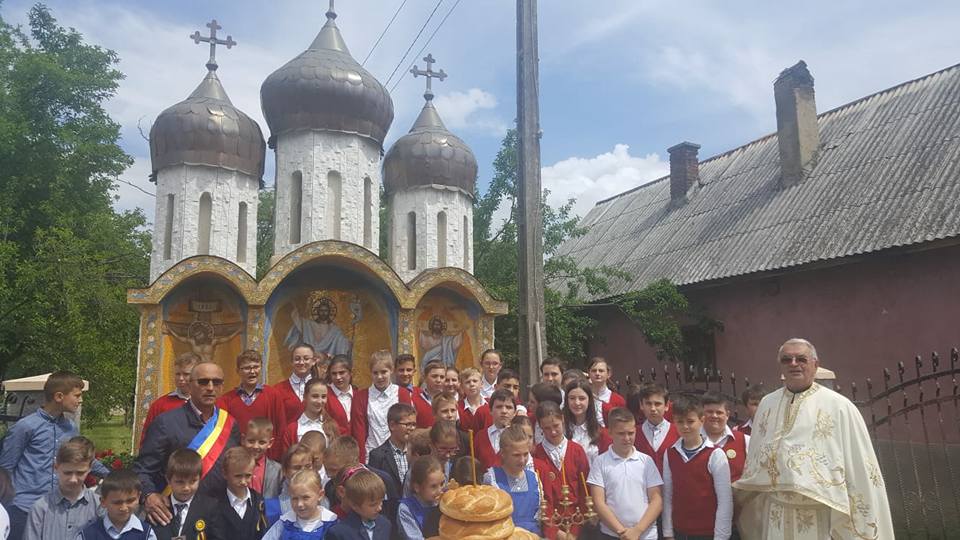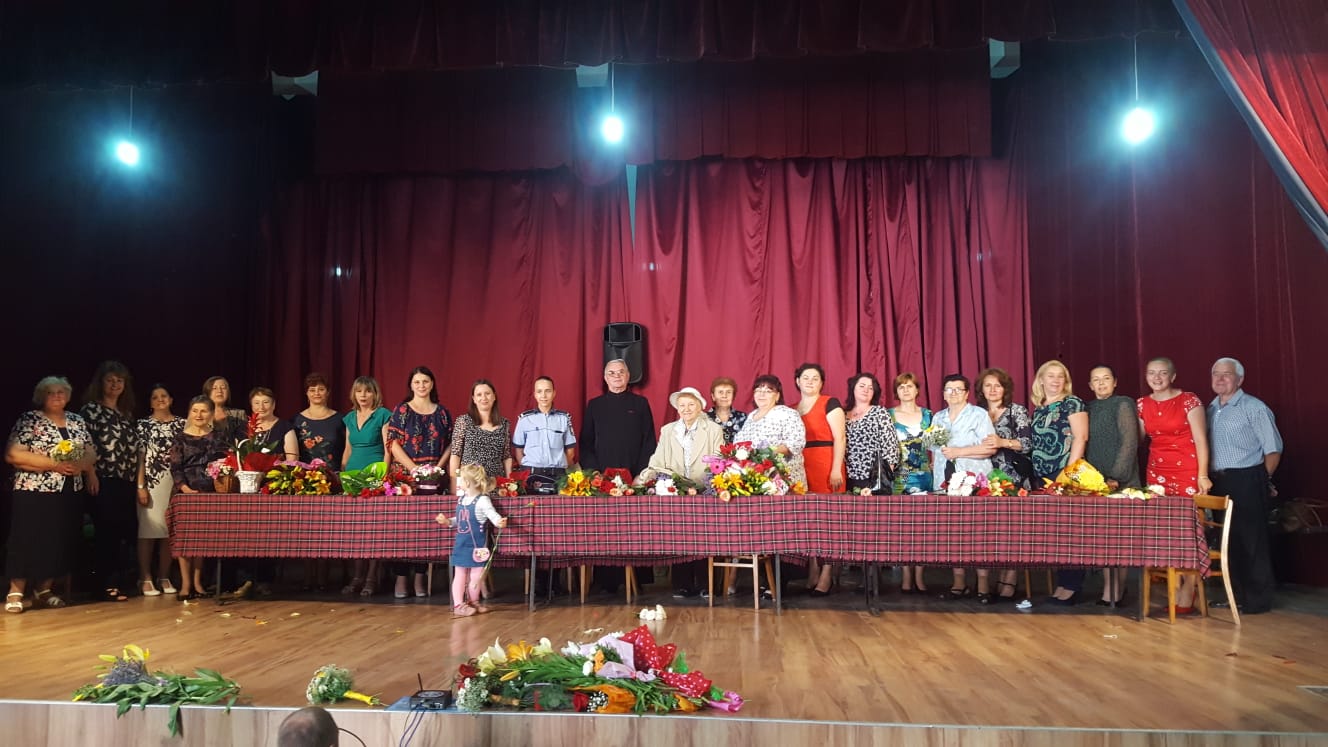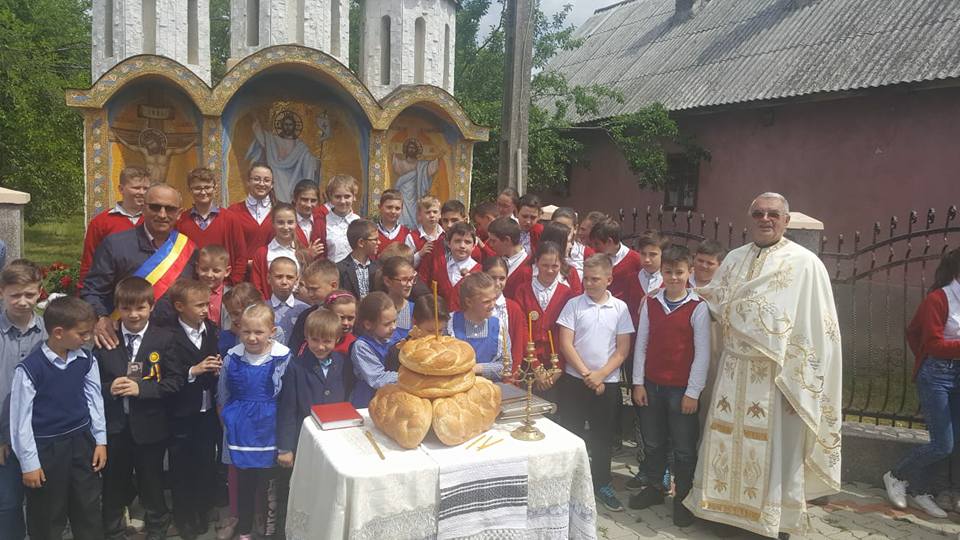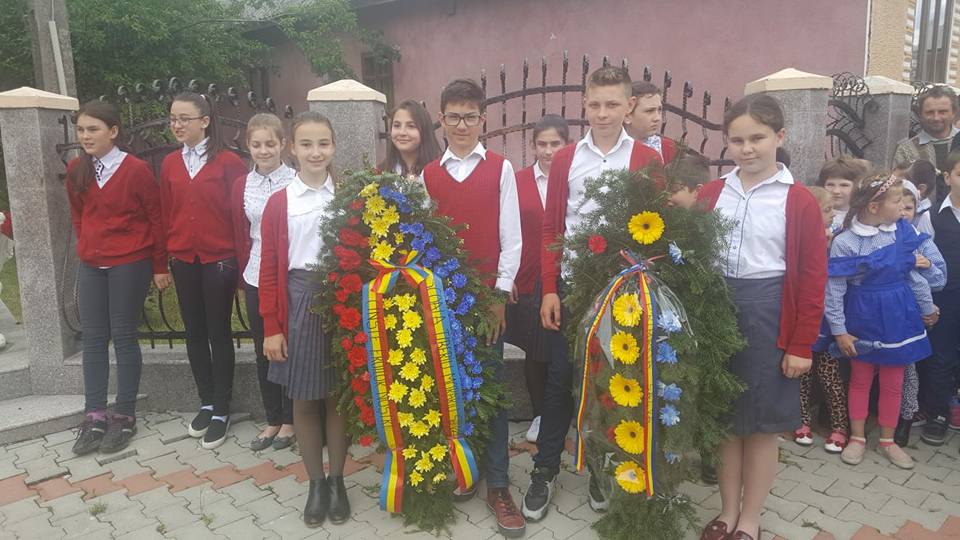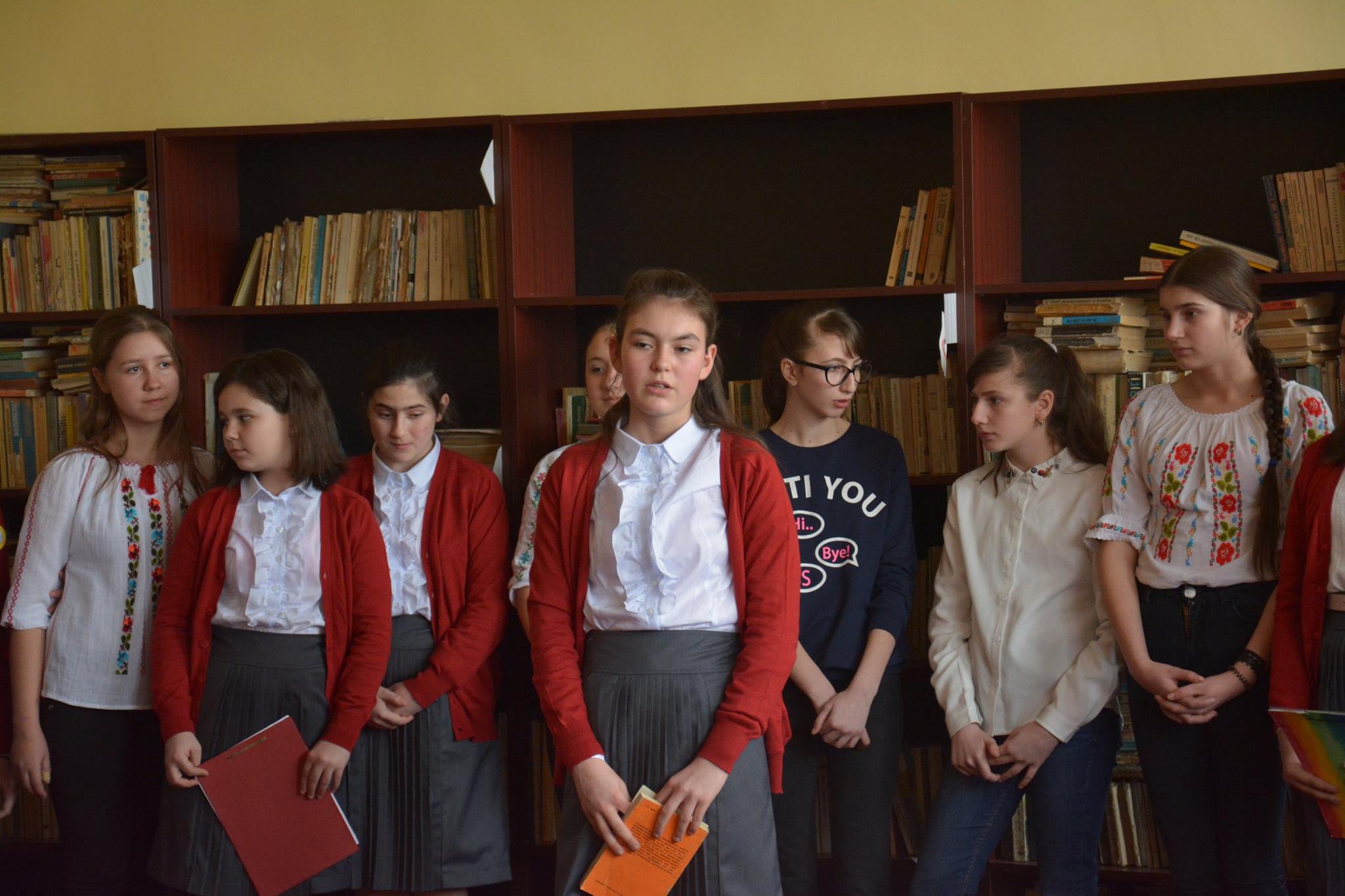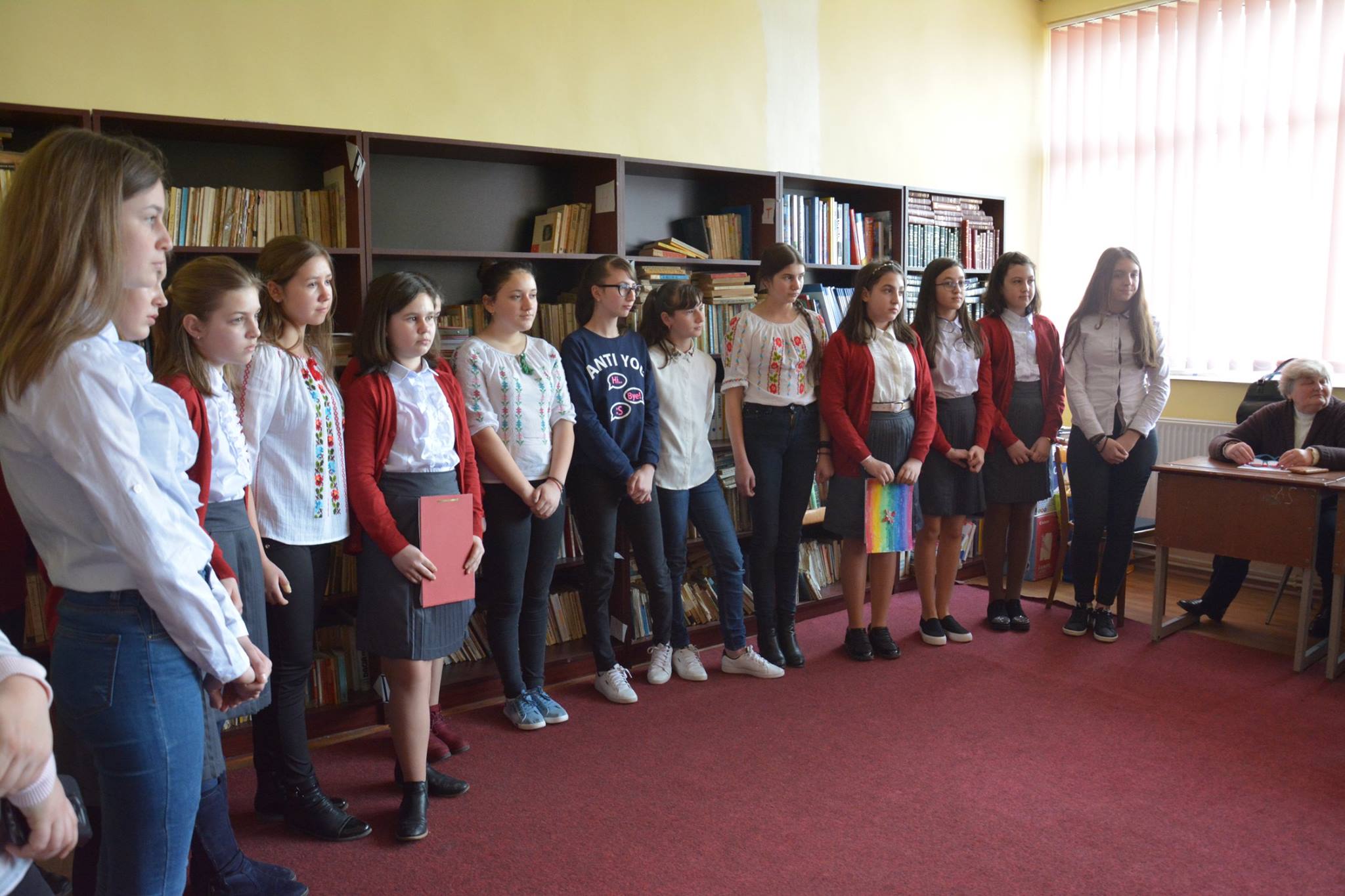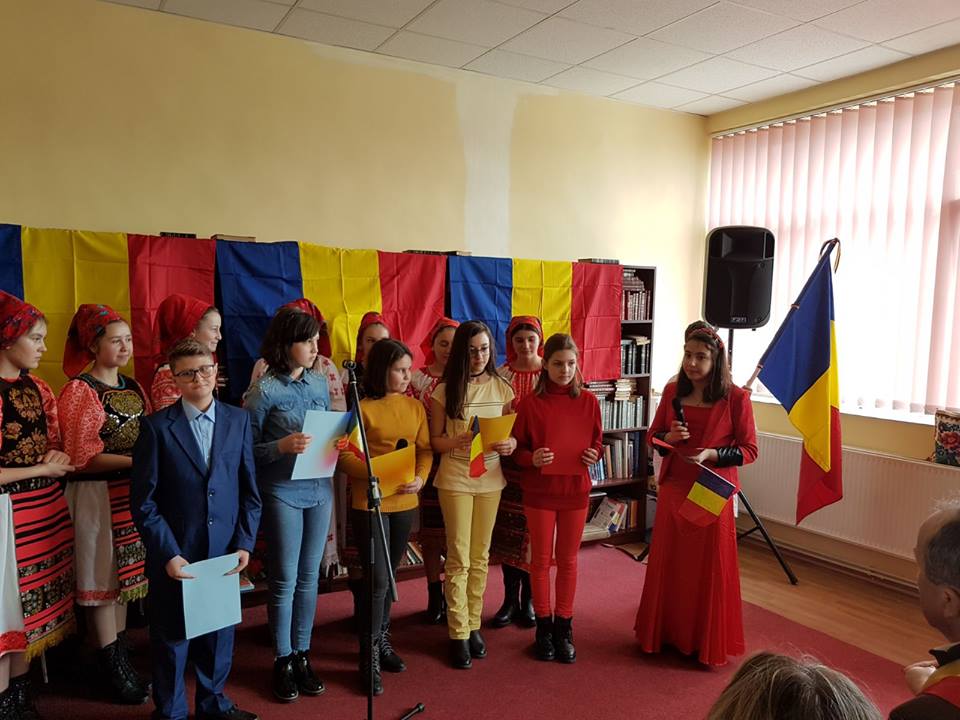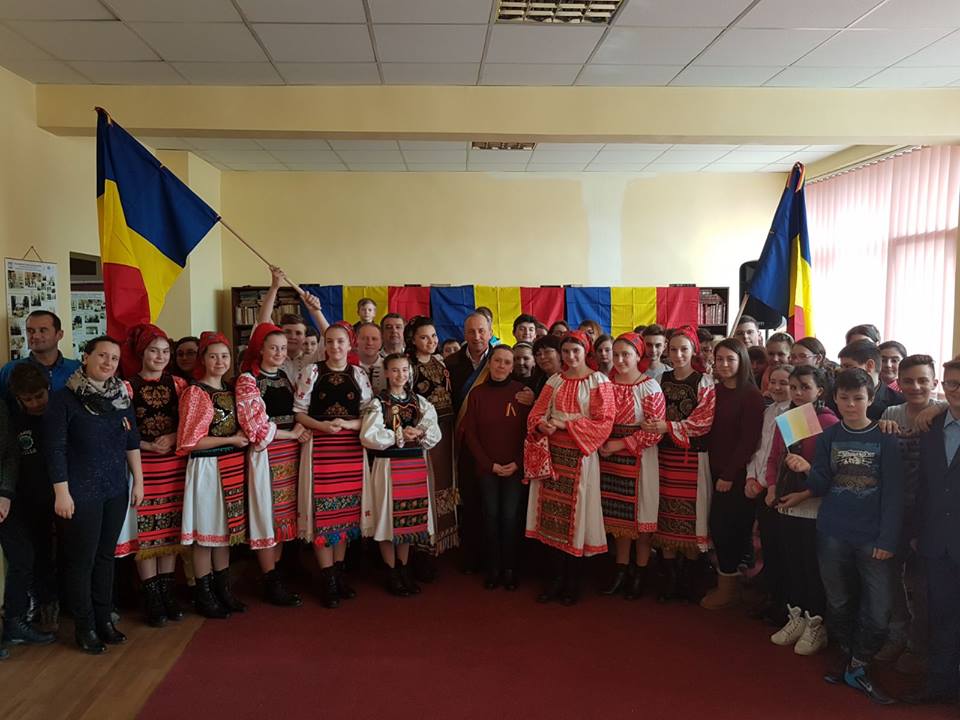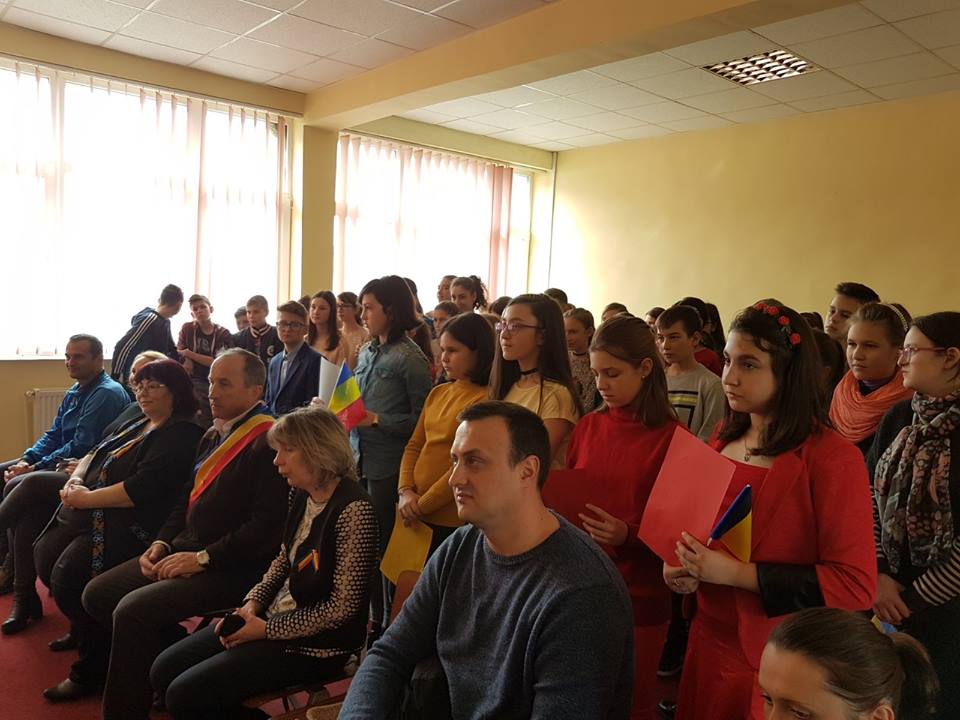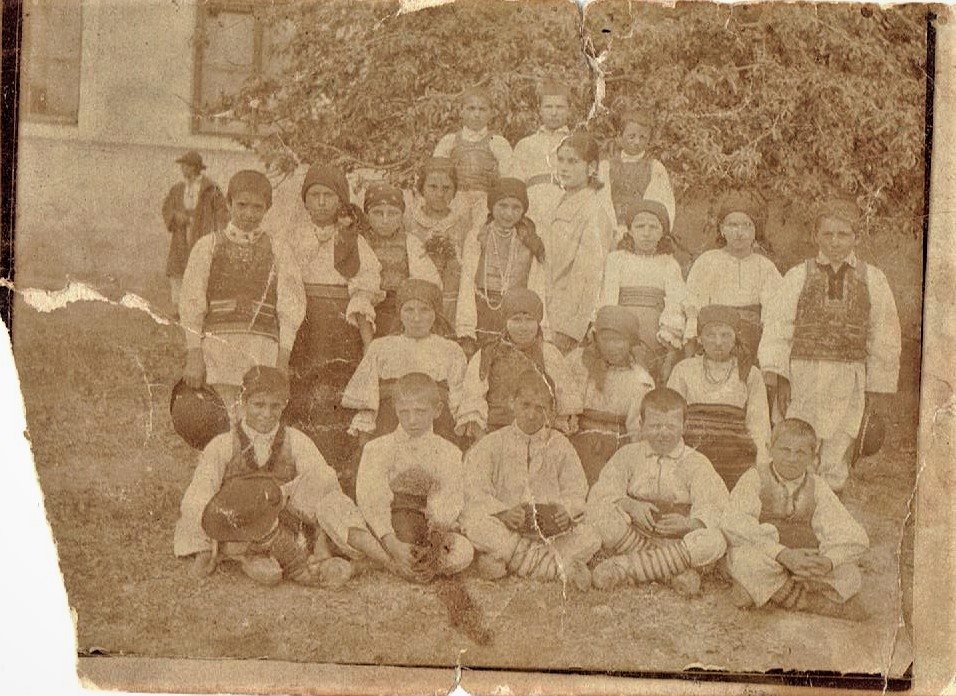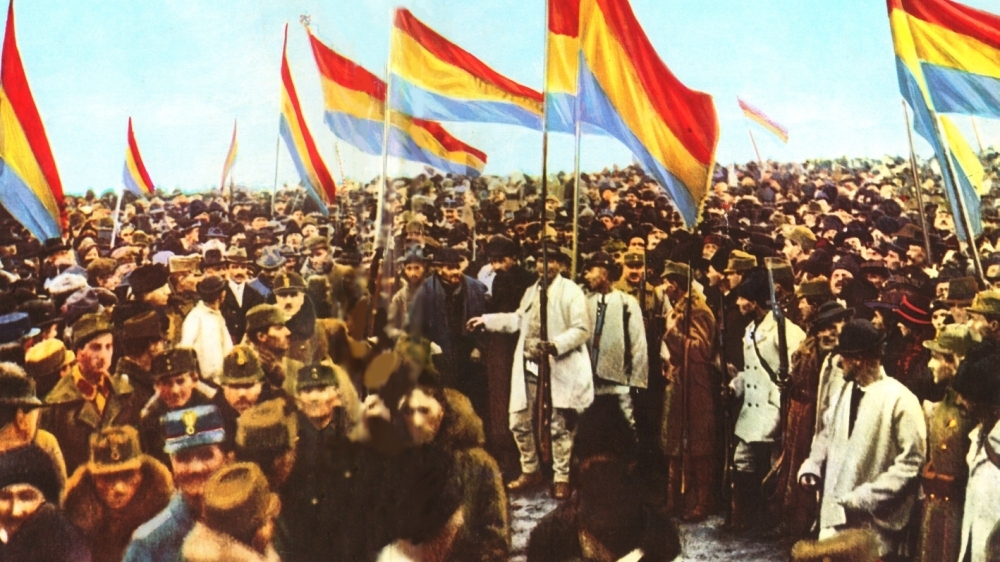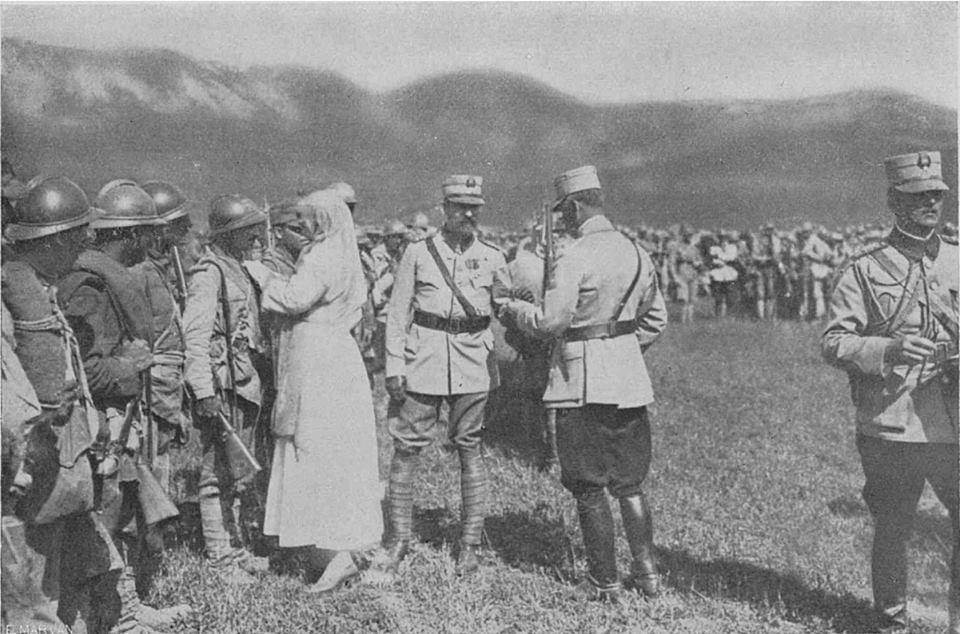ITALIAN WAR POETRY
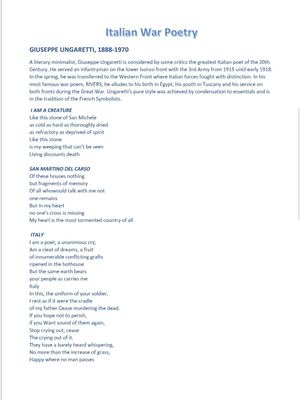
1ST WORLD WAR - SPAIN ACTIVITIES
STUDENT GAMES
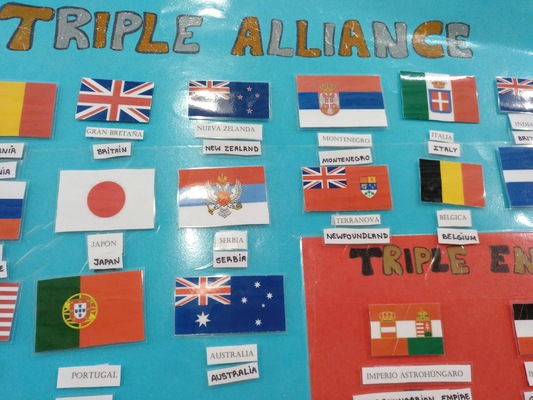
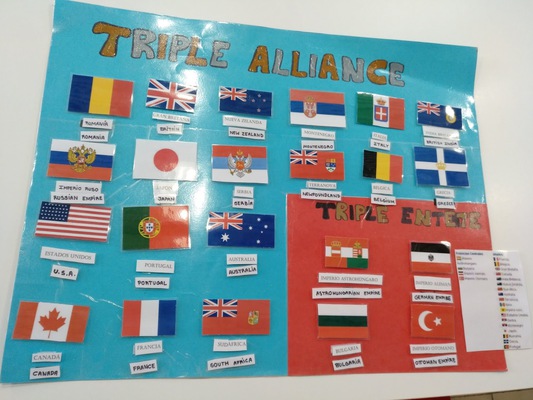
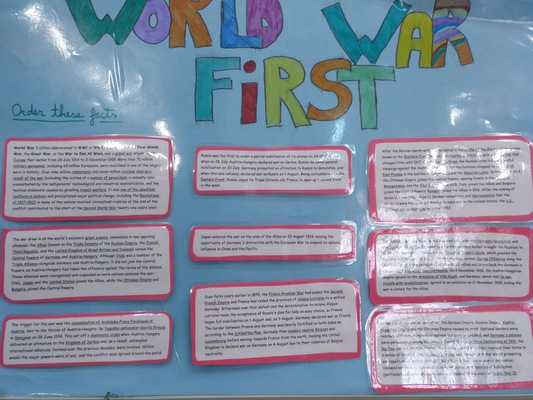
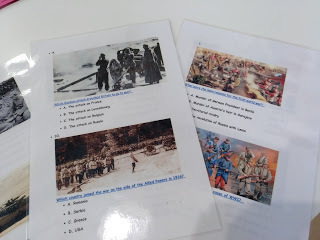
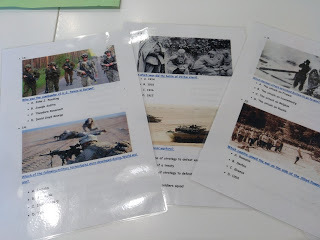
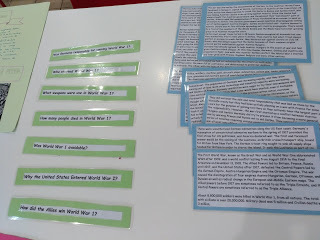
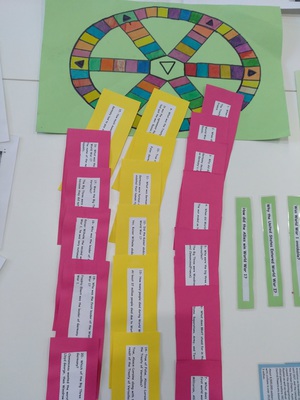
Questions Game.pdf
EXAMPLE OF GAME DEVELOPMENT
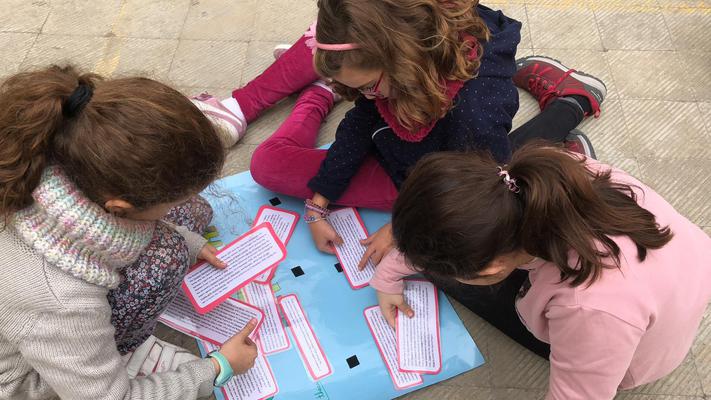
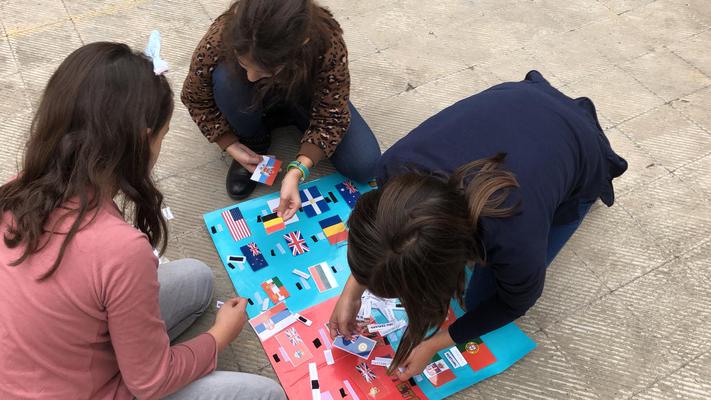
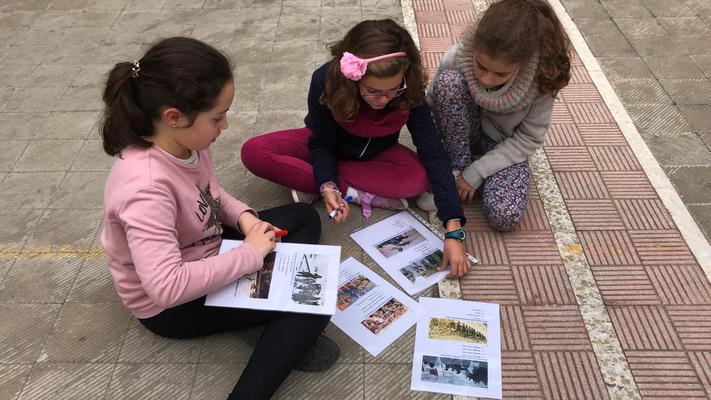
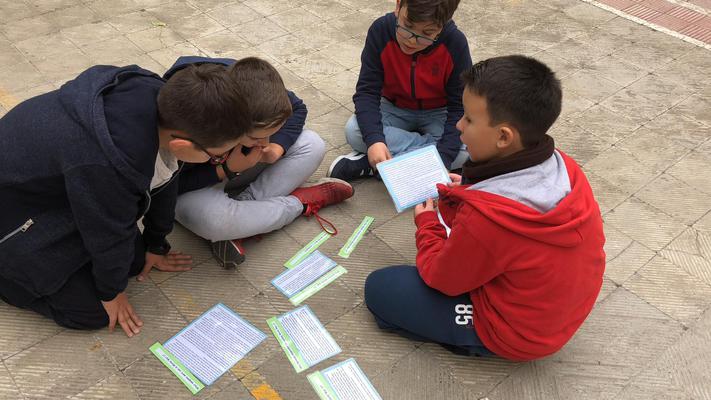
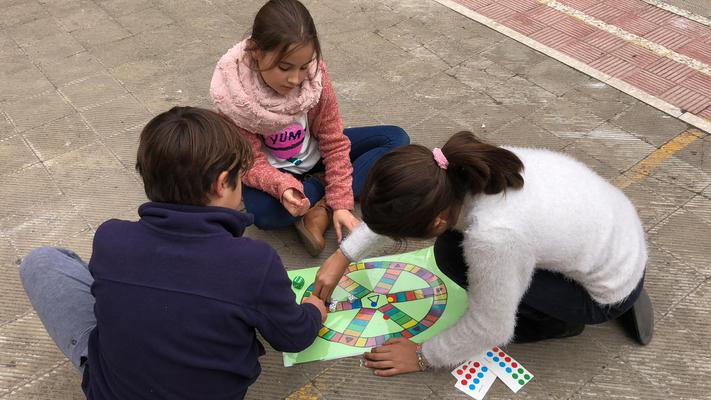
STUDENT PRESENTATIONS
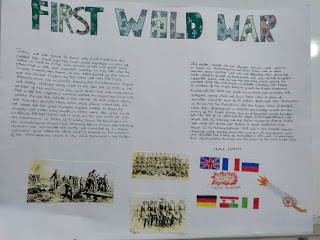
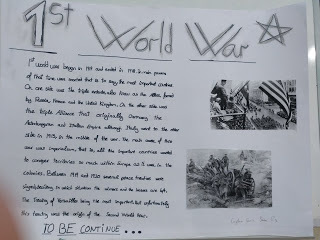
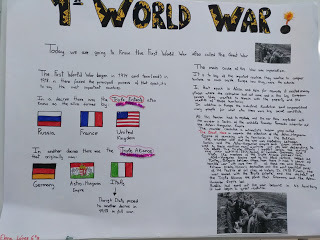
First World War - Italian lesson
THE FIRST WORLD WAR 1915/1918 There are several reasons why the First World War was called "Great War". The word "grande" can be understood with different meanings: from the area of the world involved in the conflict to the immense damage that this war has caused. "Great" especially for the number of deaths it has caused. According to the most reliable statistical data, it is presumed that in all of Europe deaths directly linked to the fighting are around 10 million. The number of men involved in the various fronts was exceptional: it is presumed that between 1914 and 1918 around 70 million soldiers were called to arms, 60 of them alone in Europe. To this must be added that medicine, both in terms of diseases and injuries, had not made much progress compared to the previous century: antibiotics had not yet been invented and the lack of hygiene and sterile environments only increased mortality. In fact, the main reason for the great number of deaths in the Great War was the introduction of new weapons that, in some cases, can safely be defined as weapons of immense destruction. Regarding the Trench War it must be said that it involved not only the armies, but also the civilian populations that were severely restricted. At the beginning the Trench was a simple defensive position to shelter from the enemy's attacks, but later they turned into real neighborhoods, equipped with wooden barracks protected by barbed wire fences. Airplanes appeared capable of bombarding enemy lines and cities, tanks capable of overcoming barriers until then unsurpassed, disruptive hand grenades if thrown into a trench or into a cavity until you get to the terrible flamethrowers and bombs chemical. The use of chemistry in the military was one of the main causes of the high mortality rate that occurred in the battlefields of the Great War. Scientific research in the field of chemistry had taken giant steps so much that in some countries it was one of the most incisive sectors during the Second Industrial Revolution (such as in Germany). The experiments and the combinations of some elements led, on the one hand, to great advantages in everyday life but also to the birth of substances harmful to human health. For those injuring or getting sick the hospitals were far away and the sick were transported with mule-drawn carts: the first ambulances came later. Small hospitals were placed near the first lines, which consisted of tents divided into four, where surgeons moved to perform their interventions. Diseases such as Typhus, Tuberculosis and Cholera spread.
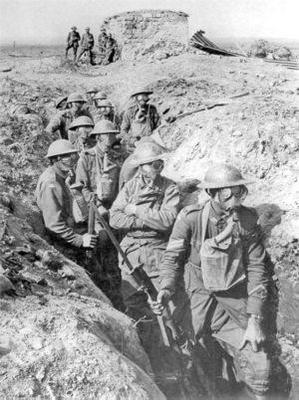
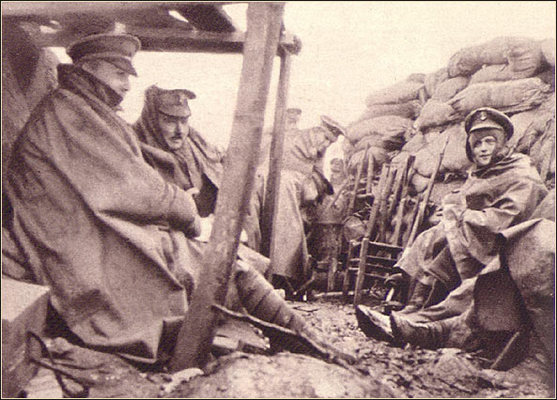
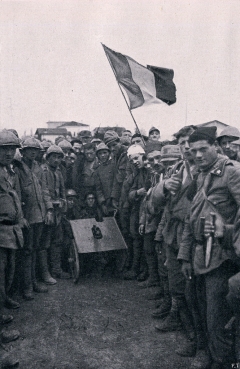
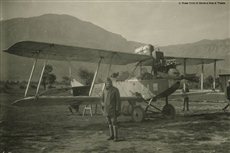
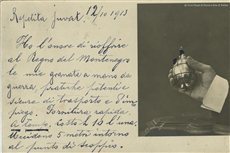
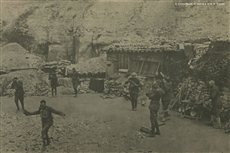
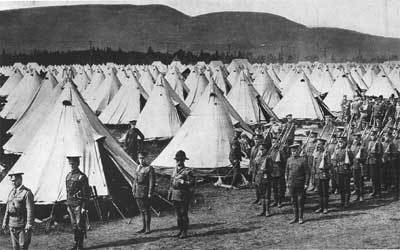
100 of years -First War I
School Tiberiu Morariu Salva,Romania
Centenary Armistice postal cards.
Centenary interview with Pr. Maxim Iuliu Morariu-doctor in history and religion.
Centenary photos-exhibition.
